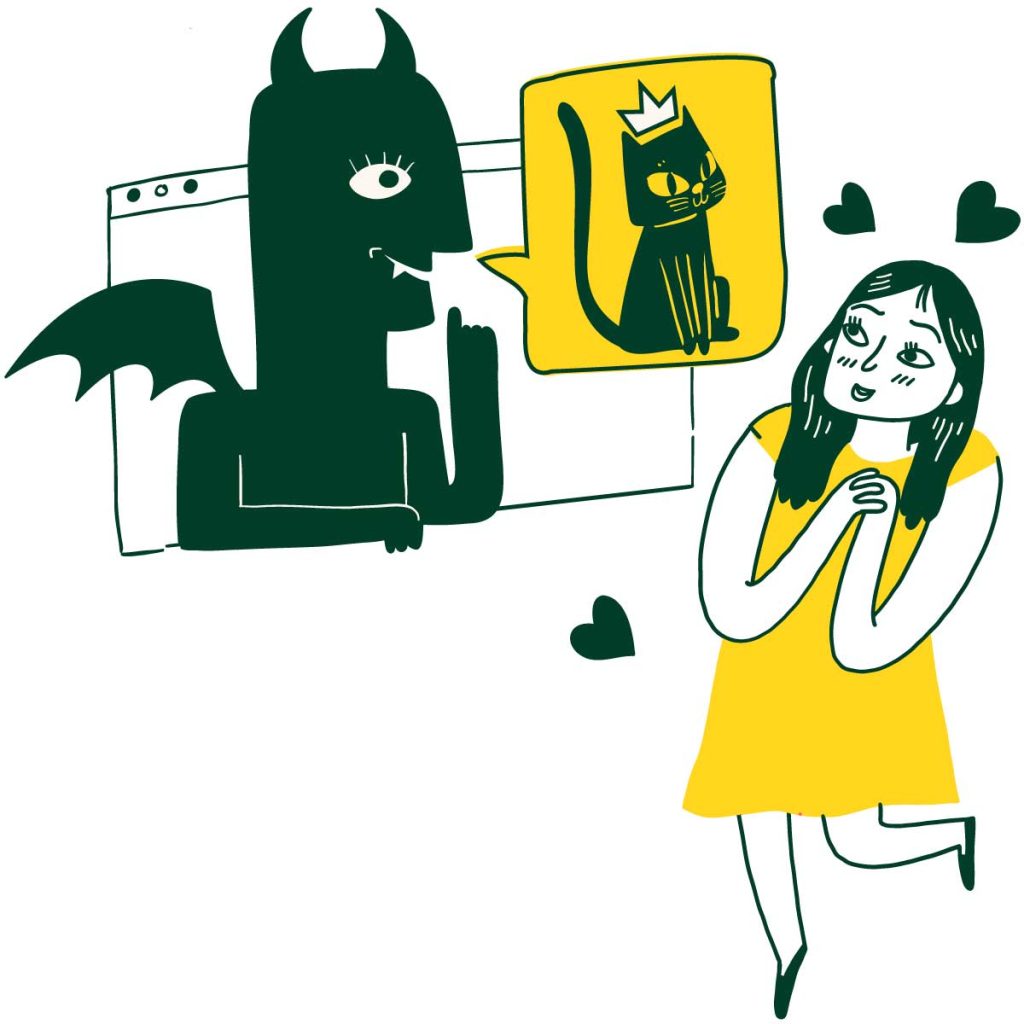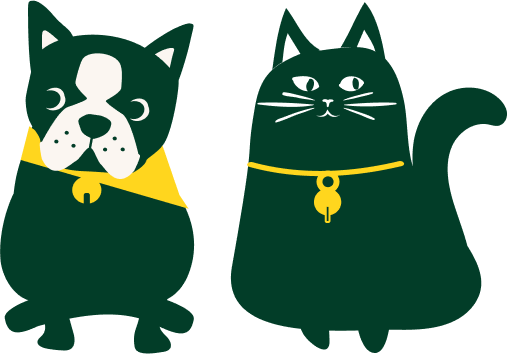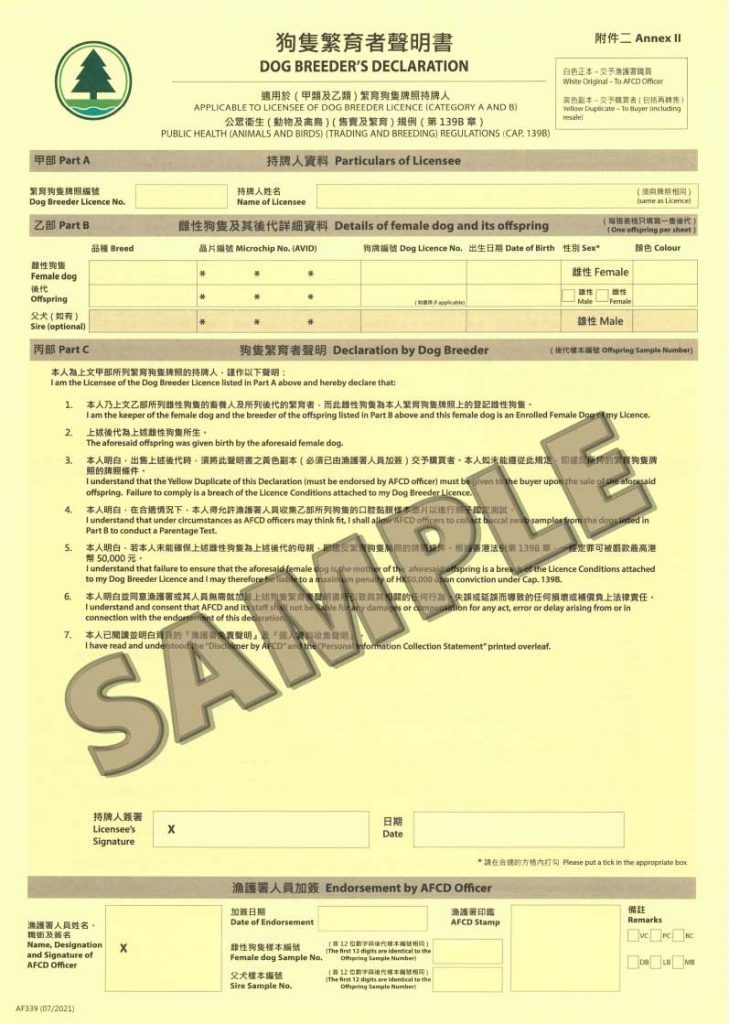"There are endless ways of deception."
When buying cats and dogs online, remember to pay attention to the following Top 10 Warning Signs, beware of scams!
1
Excessive eagerness in promotion
Sellers may proactively contact you through social media platforms and claim to have puppies and kittens for sale without you asking.
2
Urging buyers to pay as soon as possible
Sellers may create a sense of urgency by stating that “pets are very popular” or that “another customer is interested” to pressure you into paying quickly or making a deposit without careful consideration or making further inquiries.
3
Prices well below market value
The seller may claim that he breeds the pets himself, which allows him to offer a price much lower than that of the market’s. In reality, the seller may have sourced the pet from an illegal breeding farm or even be reselling a smuggled pet. Such pets often come with serious health problems and pose animal welfare risks.
4
Missing or questionable pet vaccination records
Legitimate sellers will provide complete vaccination, deworming and treatment records issued by a registered veterinarian in Hong Kong. If the seller is unable to provide this information, or the documents appear shoddy, be wary.
*Extended reading: How to tell whether a pet vaccination card is authentic or fake?
5
Refusing to let buyers meet the pets
When you inquire about meeting the pets, unscrupulous sellers may refuse and give different excuses. Buyers should always meet their pets in person to assess their condition and health status. Licensed in-house breeders will usually allow you to see the cat’s and dog’s parents. Unscrupulous sellers will often refuse or only meet at suspicious locations.
6
Requesting a deposit upfront
Some online sellers will provide buyers with photos and videos of their pets, and require buyers to pay a deposit before delivery. After receiving the deposit, the seller may cut contact completely.
7
Lack of relevant licences
When purchasing cats and dogs, make sure the seller holds a proper and valid licence for selling animals and related documents, such as original vaccination records, import certification documents, copies of Special Permit, etc. Locally bred dogs that are legally sold must come with a copy of the “Dog Breeder’s Declaration” (commonly known as “yellow paper“) as proof of origin. The microchip number of the cat or dog being sold should be found on all documents for identification. It is illegal if the seller fails to provide the documents, and the health of the cats and dogs being sold is questionable.
*Read more: Learn more about trading licences?
8
Overly beautified pictures/videos
Please be extra cautious if the pictures or videos of cats and dogs appear to be overly beautified or fail to clearly show the living conditions of the cats and dogs.
9
Rationalising your pet’s abnormal condition or behaviour
Be vigilant about the physical condition of the cat or dog (such as skin conditions, mobility difficulties, convulsions, or any other obvious health problems); the seller may downplay the health issue and falsely claim that the cat or dog only suffers from minor illnesses and there is no need to worry.
10
Unusually large variety of breeds
Some online stores can offer an extensive selection of cat and dog breeds, far exceeding what typical pet stores or even breeding farms can reasonably provide. This may be an indication that they are helping illegal breeding farms to “clear the stock”. It is even possible that the pets being sold in these online stores are not in Hong Kong and would only be illegally imported when orders are placed.






